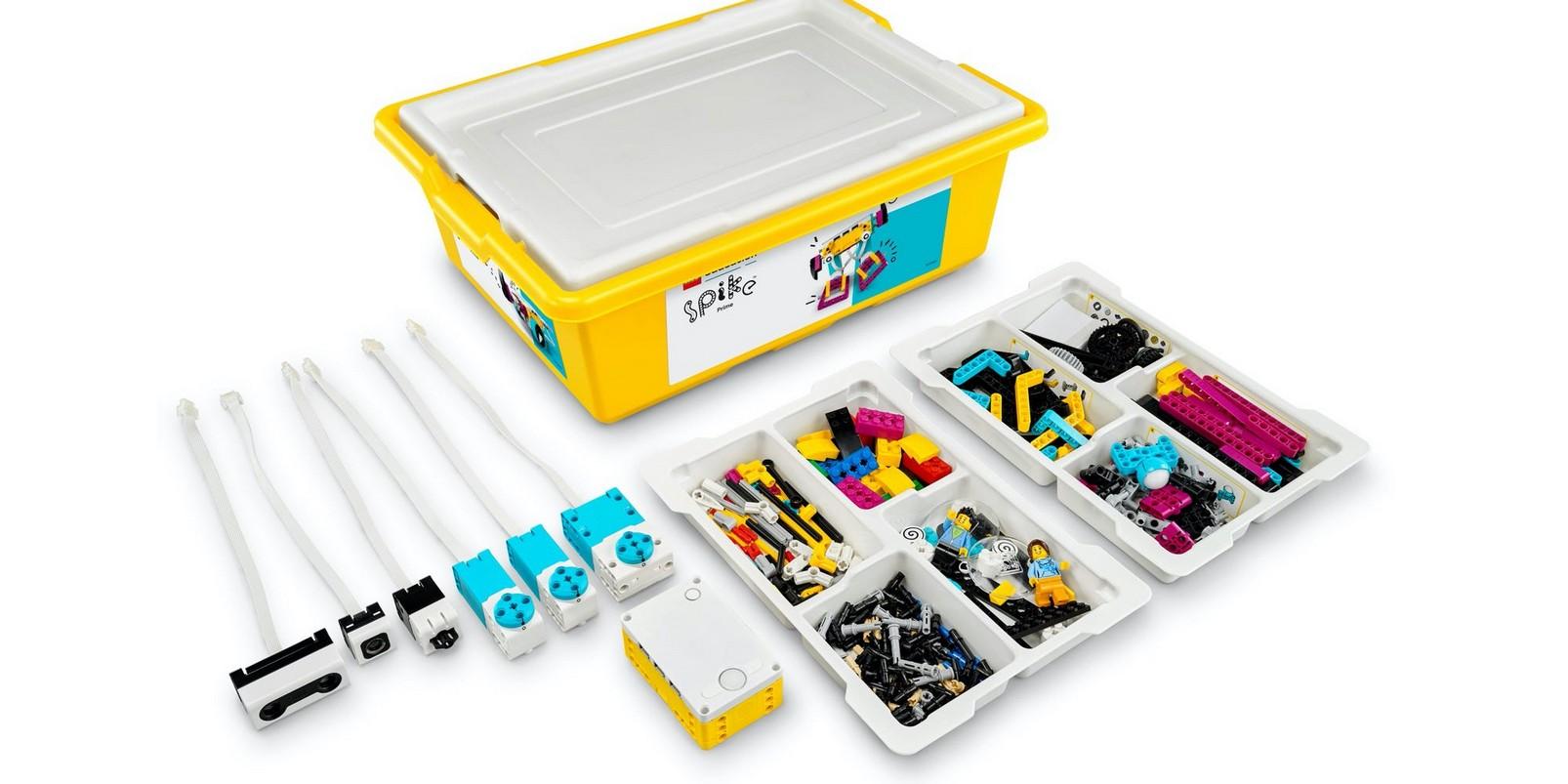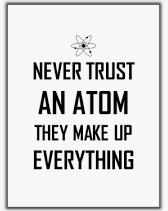

St Kentigern’s Science curriculum
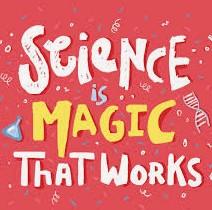









Curriculum Intent
Science makes a significant contribution to the education of our children at St Kentigern’s.
Science is a subject that stimulates and excites pupils’ curiosity about the world around them, inspiring them to develop an enquiring mind that will serve them throughout their time at school and beyond.
Through investigation and enquiry, our children our able to acquire an understanding of:
The importance of science in everyday life
The part science has played in the development of many of the things they use in real life
The need to treat their environment with care and sensitivity
The need to treat all living things with the respect they deserve as part of God’s Creation, linked to our Gospel Values Curriculum.








Curriculum Intent
We believe science encompasses the acquisition of knowledge, skills, concepts and positive attitudes.
Throughout the programme of study, the children will acquire and develop their knowledge, explore and apply scientific skills, as well as learn about scientists and their discoveries.
An important aspect of our curriculum is for children to learn and use scientific vocabulary in the correct context, both in scientific discussion during investigations, and also when writing up their findings.
Children are exposed to different ways of investigation and develop their skills at predicting outcomes. They are encouraged to work in groups, developing their team working and communication skills. Through investigations and prediction, children learn that making a mistake or not getting something quite right is a natural part of learning.
Cross curricular links are made to other curriculum areas, including Maths, English and Topic, so pupils understand how key learning is linked and can apply it in other subjects.
Children also develop an understanding of how important and relevant science is to their lives, now and in the future through enterprise, Science Days and STEM activities.







Implementation
At St Kentigern’s, teachers plan stimulating lessons to challenge pupils’ ideas about Science and the world around them, whilst trying to make links with other areas of their learning. We encourage them to problem solve, ask questions and think scientifically around each discovery they find.
Teachers deliver a bespoke curriculum, providing all children with a solid foundation of the National Curriculum, whilst designed to meet the learning needs of their class, drawing from a range of scientific resources to enable this. There is a clear progression through each unit and this can be clearly seen throughout the school, in each year group.
Every year we build upon the previous year’s learning and skill development. As the children’s knowledge develops and they become more skilled in using the appropriate scientific equipment and collating and interpreting and interpreting results, our children are able to draw their own conclusions, based on their own findings. Our teachers model how to use scientific equipment in experiments.

We are committed to providing exciting, hands on and practical experiences at St Kentigern’s, where all children are given opportunities to succeed. In turn this will help promote independent learning, curiosity and a love for enquiry and knowledge.
Teachers are encouraged to integrate learning outside the classroom, through use of outdoor learning spaces, school grounds and class trips. Partnerships with relevant STEM organisations support pupils’ understanding, interest and aspirations in the field of science.








Curriculum
Teachers deliver a bespoke curriculum, providing the children with a solid foundation of the National Curriculum, whilst designed to meet the learning needs of their class, drawing from a range of scientific resources to enable this. There is a clear progression through each unit and this can be clearly seen throughout the school, in each year group.
Development:
Developed a curriculum overview, covering EYFS to Year 6, aligned to the National Curriculum
This maps out key ‘end points’ for each topic area, with consideration of the most appropriate learning sequence for the area of study
Enables teaching staff to see previous coverage in previous years, to assess recall of previous learning before introducing new content. This has helped us to identify areas that may not been taught or taught remotely during COVID, so teachers can allow for this in their planning
This is a working document – currently mapping the curriculum vocabulary from EYFS to Year 6 and progression of ‘working scientifically’ skills, to include in the document








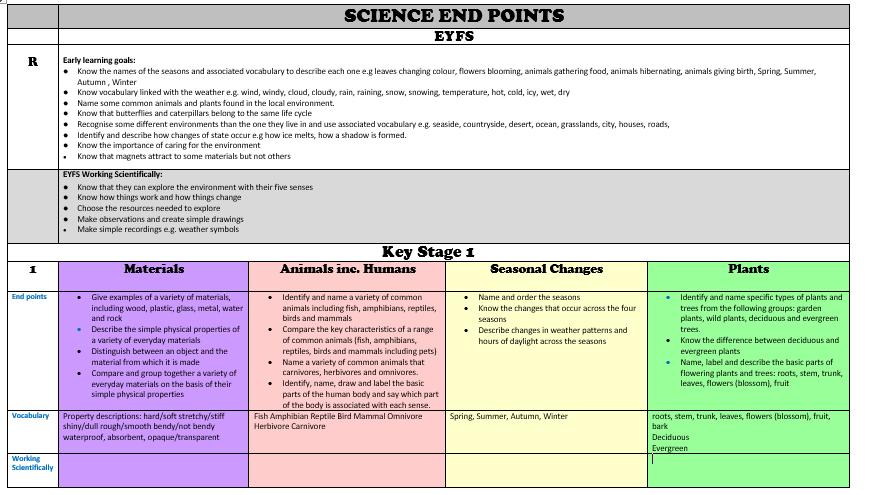








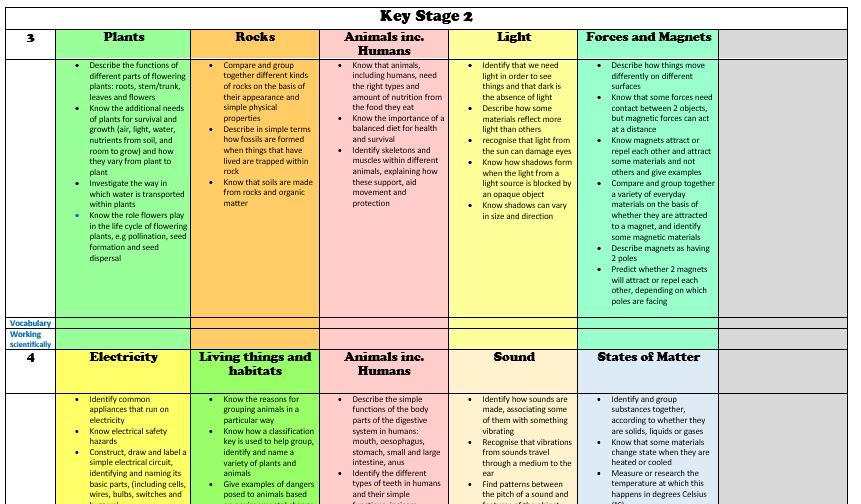








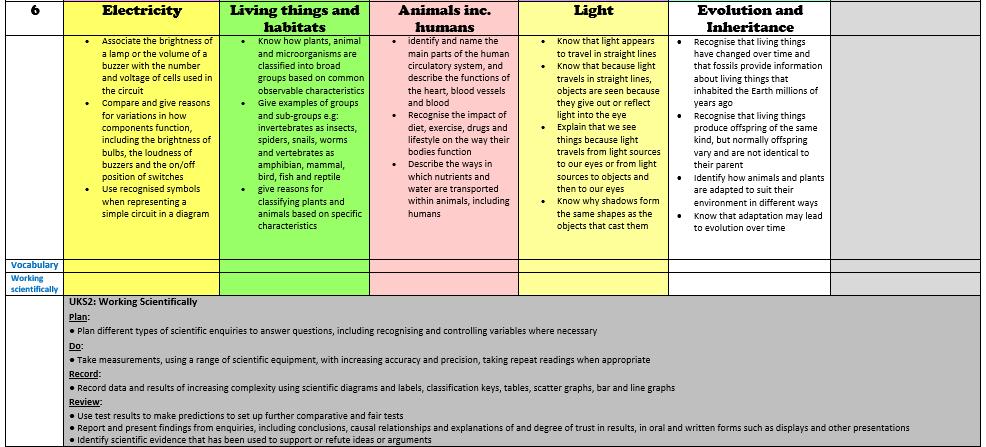








Developing Experts Science Scheme
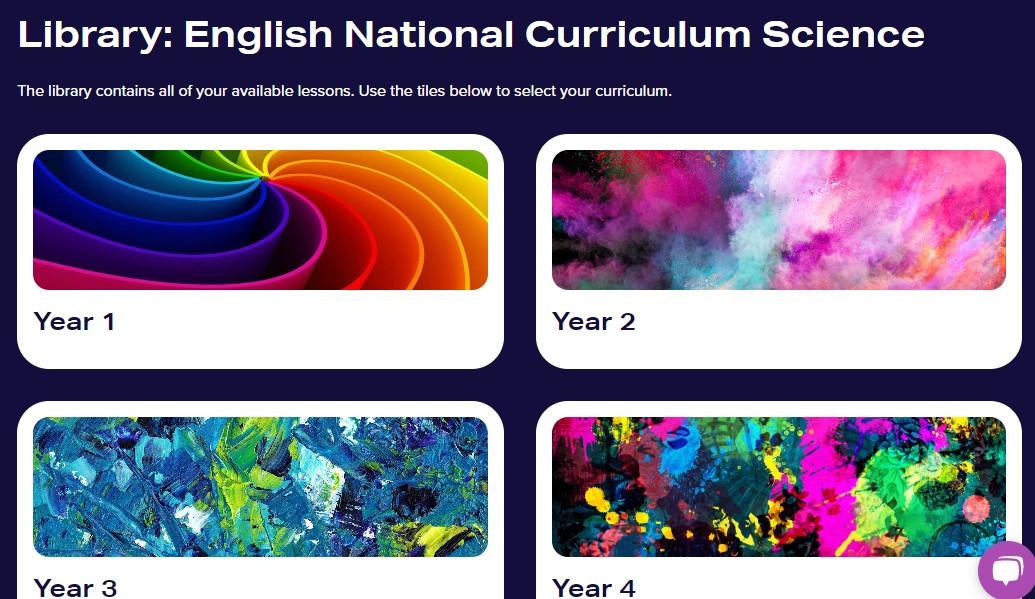
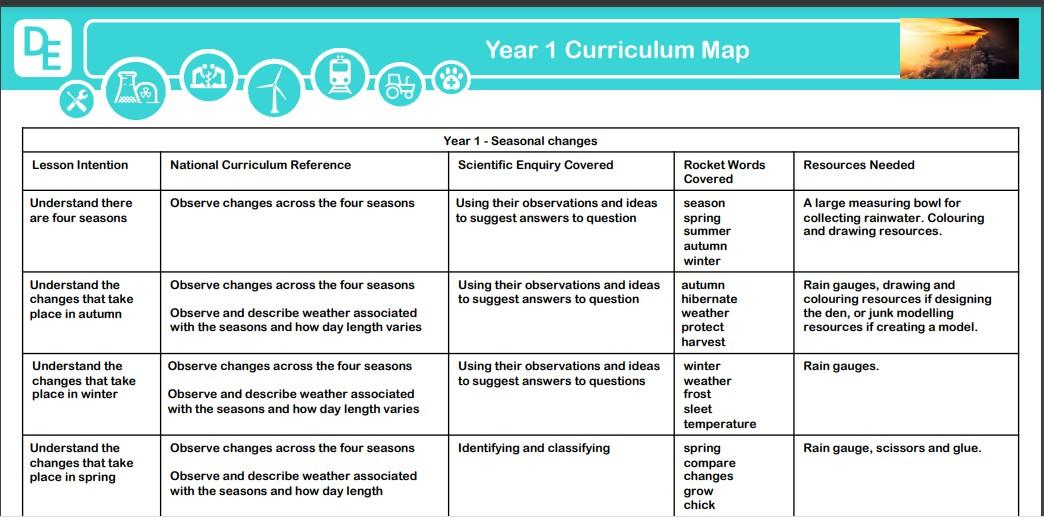
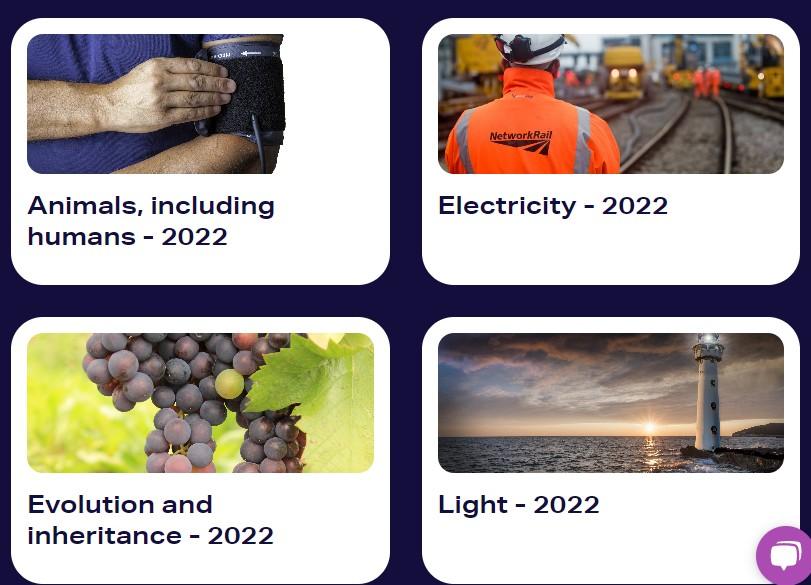








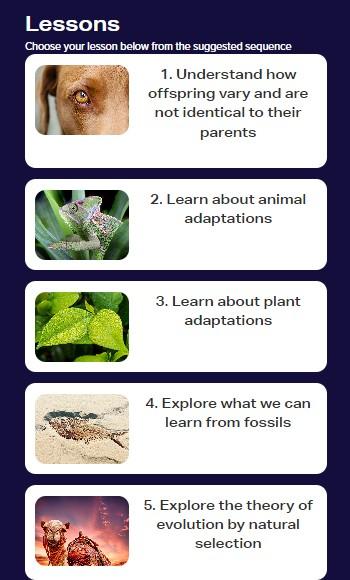
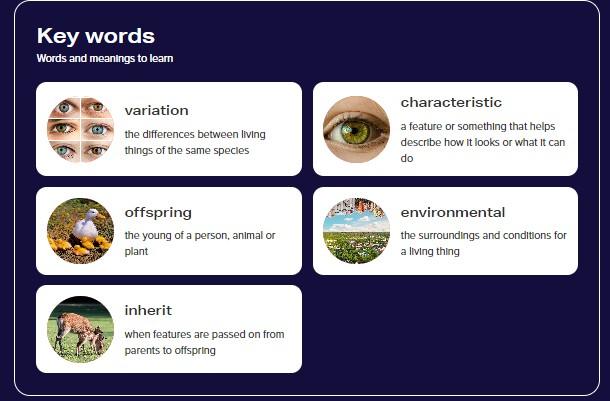
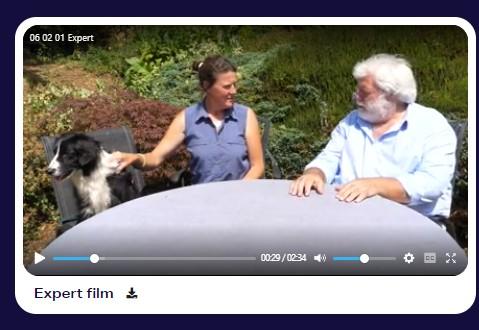








Knowledge organisers
• End points
• Key vocabulary
• Investigation / enquiry questions
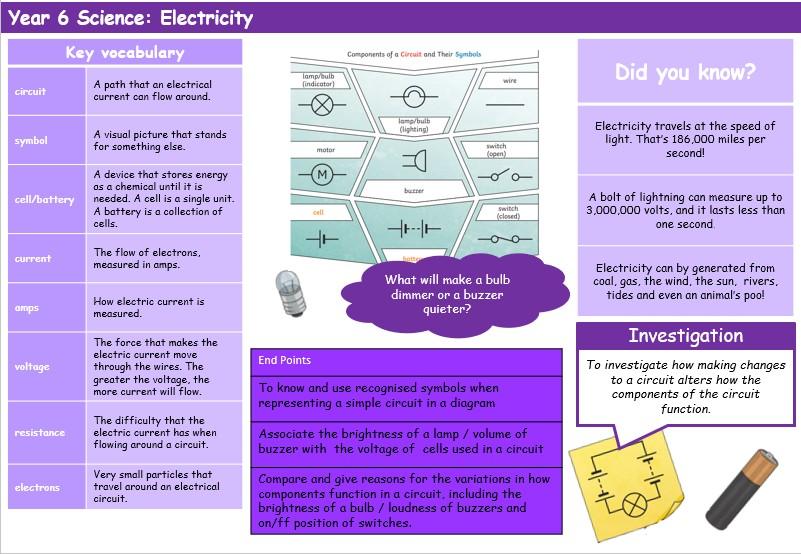

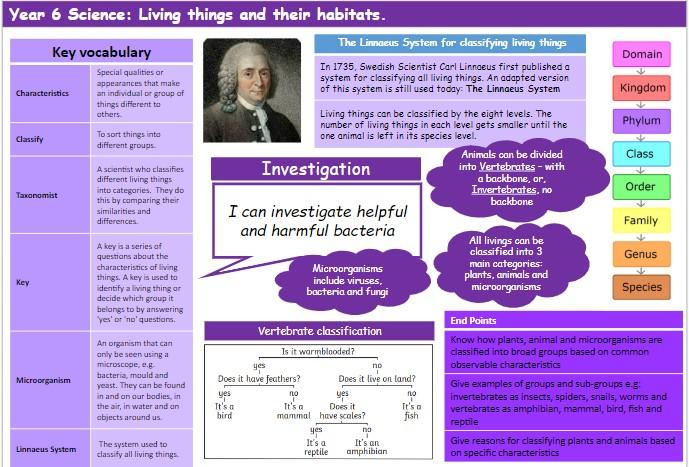








At St Kentigern’s, teachers plan stimulating lessons to challenge pupils’ ideas about Science and the world around them, whilst trying to make links with other areas of their learning. We encourage them to problem solve, ask questions and think scientifically around each discovery they find.
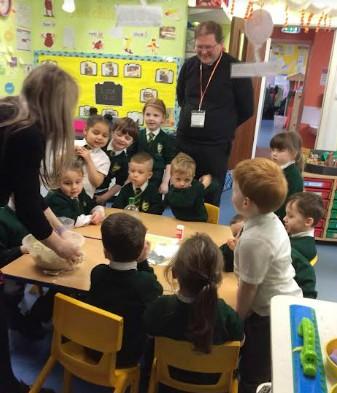
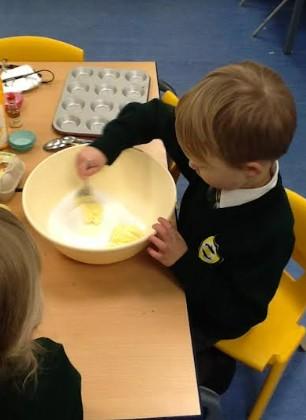
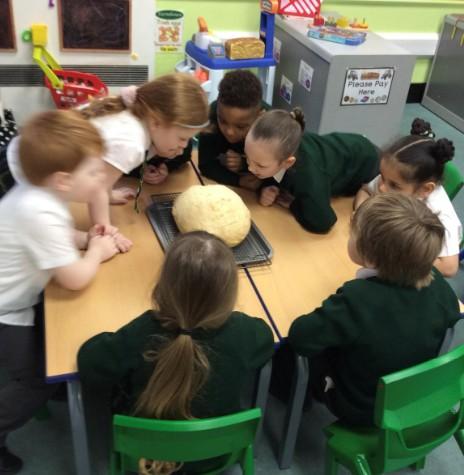








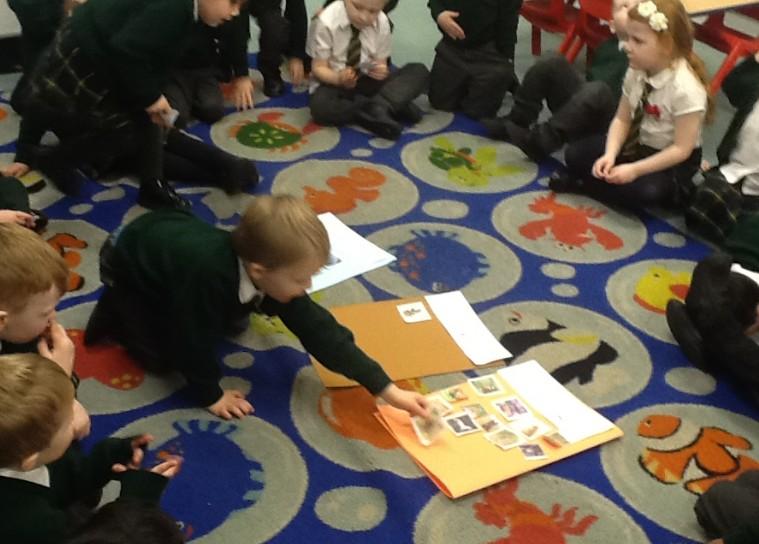
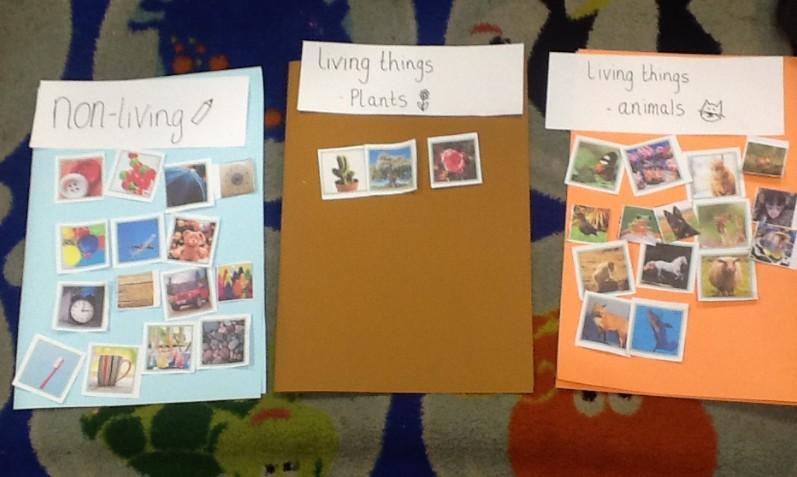
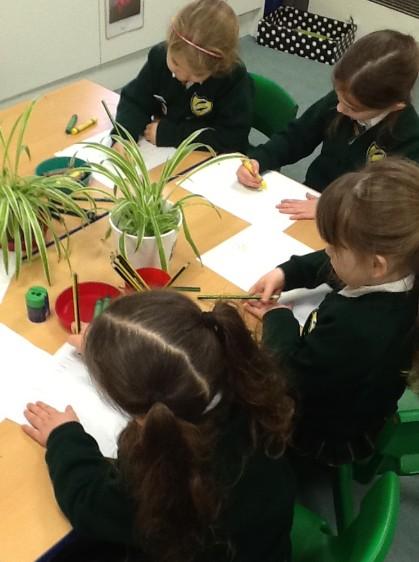
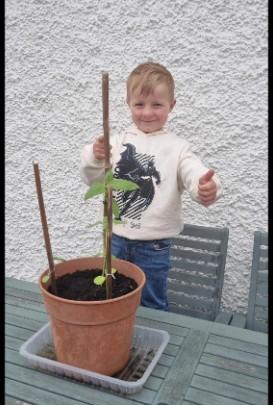
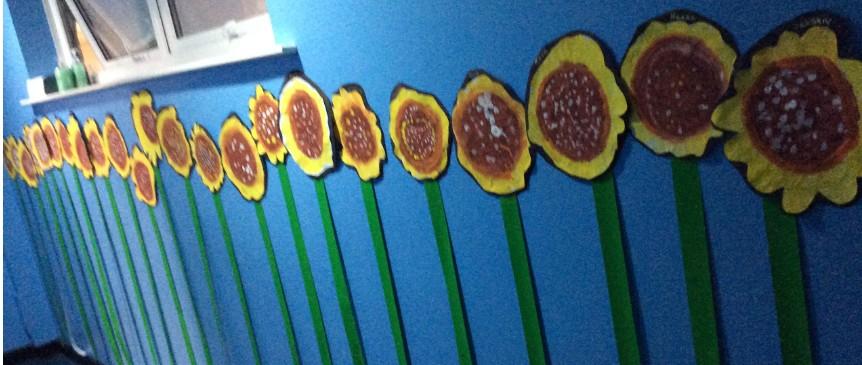








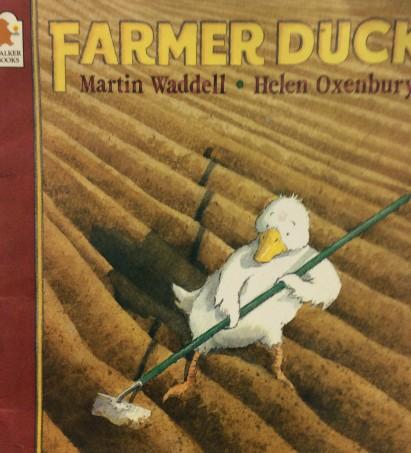
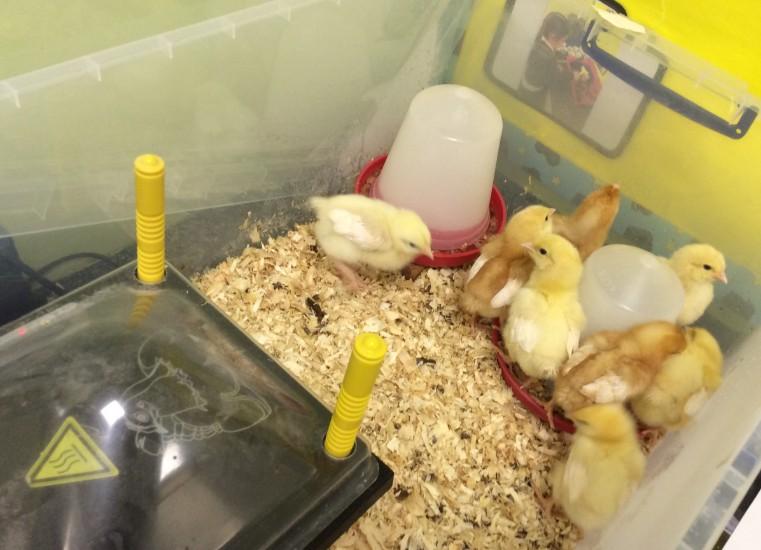
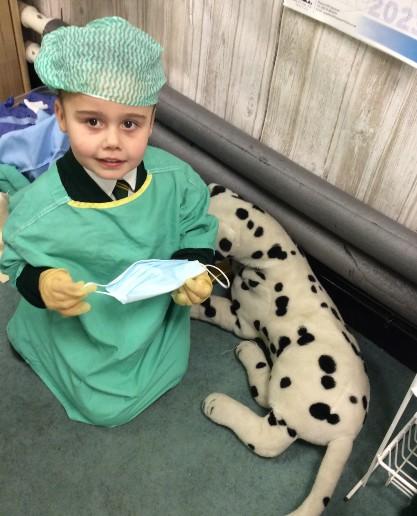
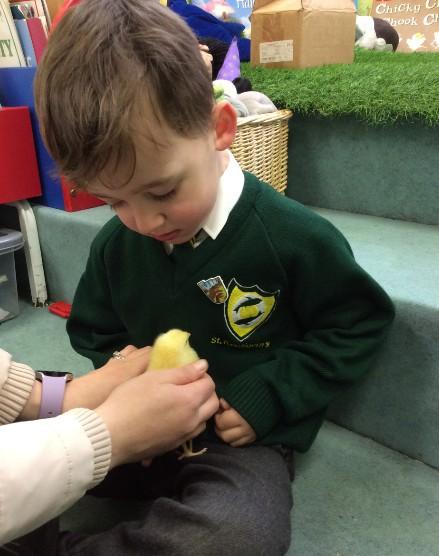








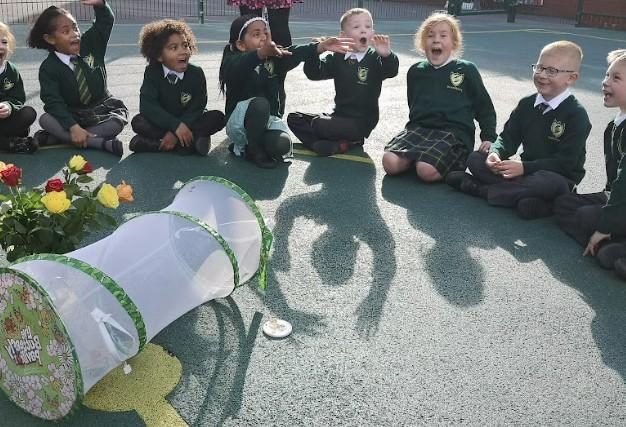
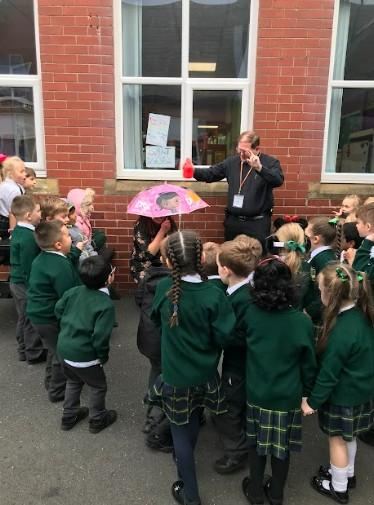
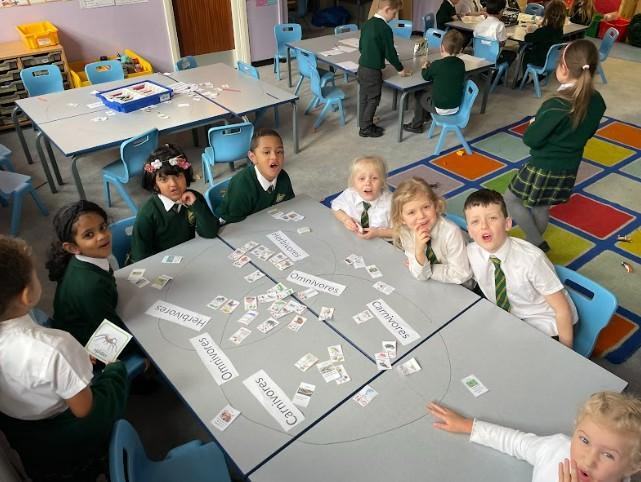







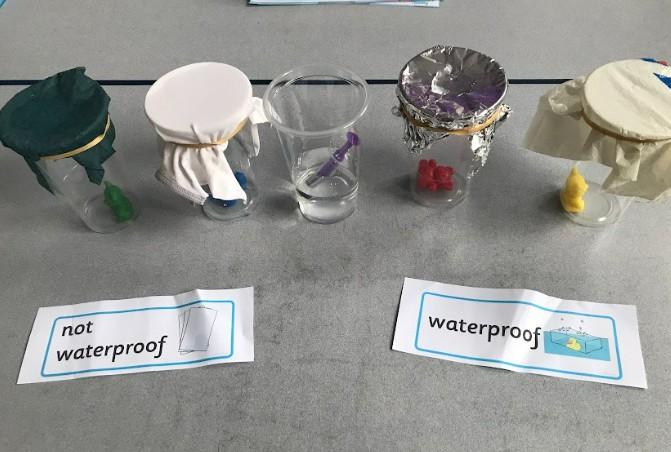

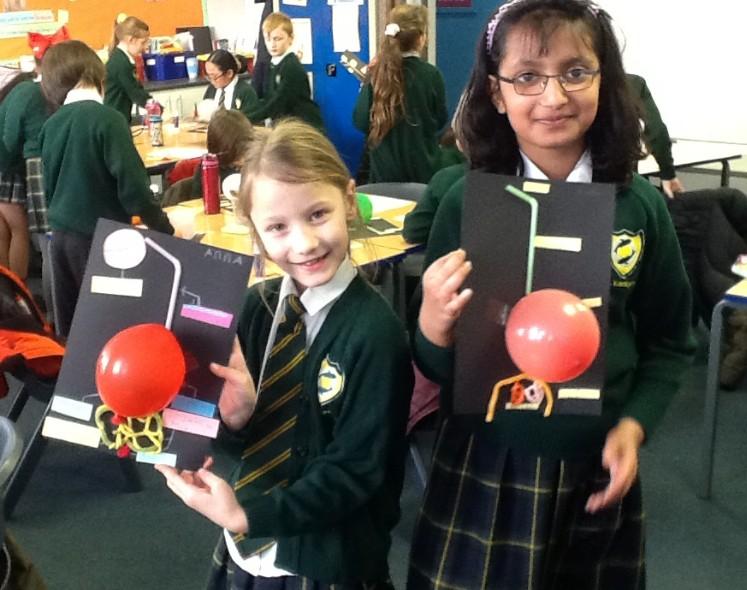
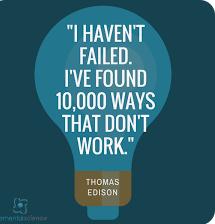
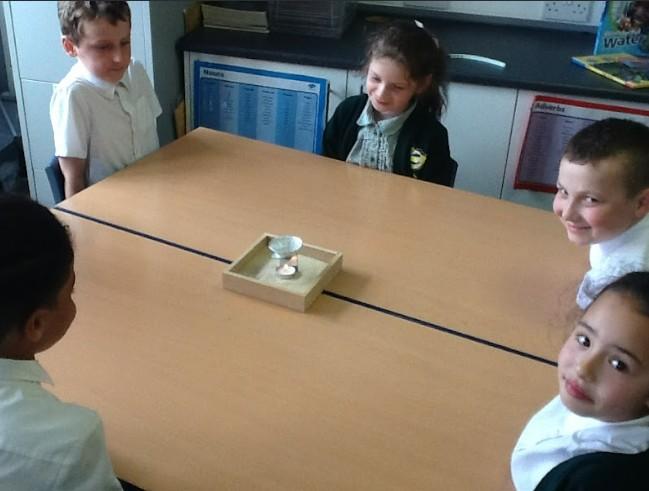
We are committed to providing exciting, hands on and practical experiences at St Kentigern’s, where all children are given opportunities to succeed. In turn this will help promote independent learning, curiosity and a love for enquiry and knowledge.








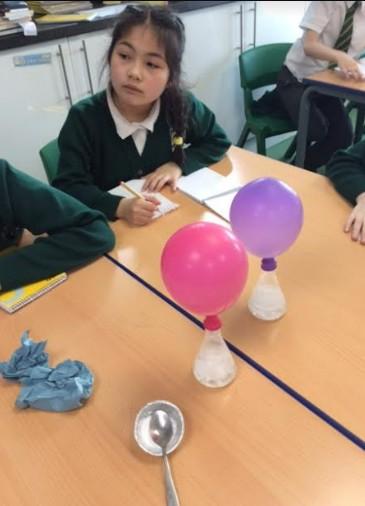
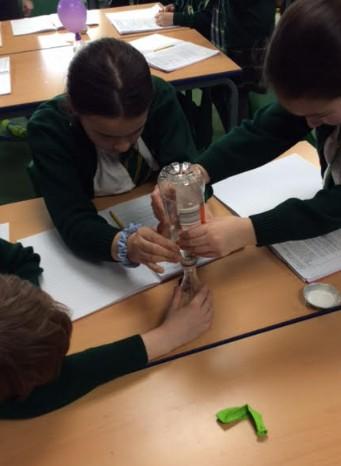
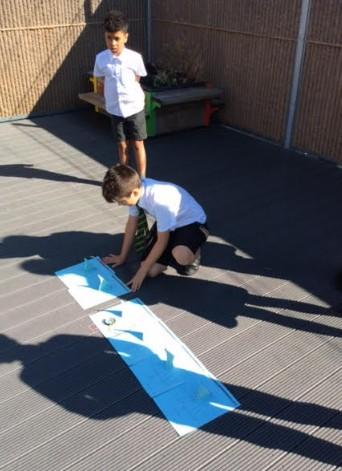








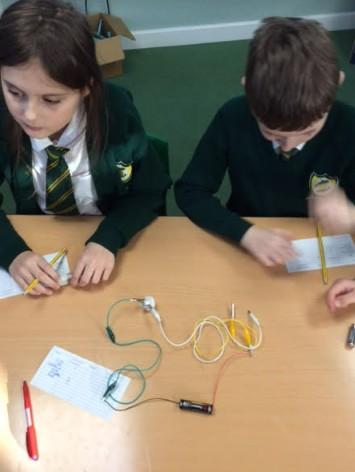
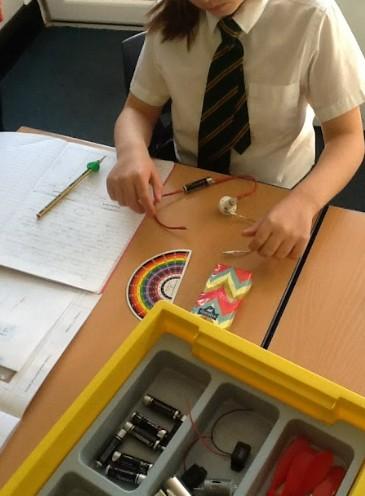
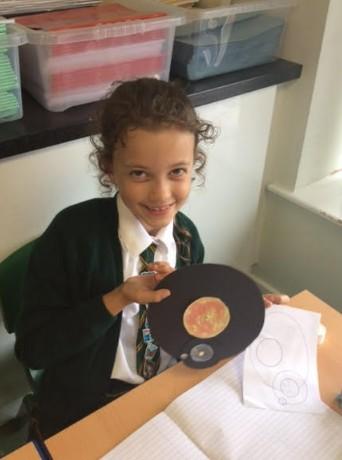
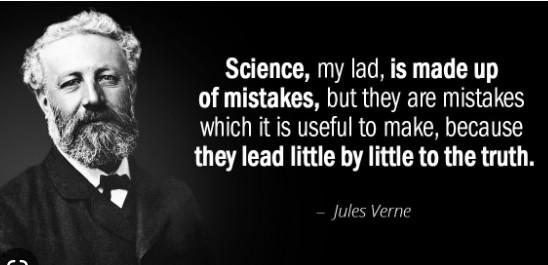








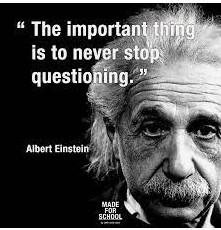
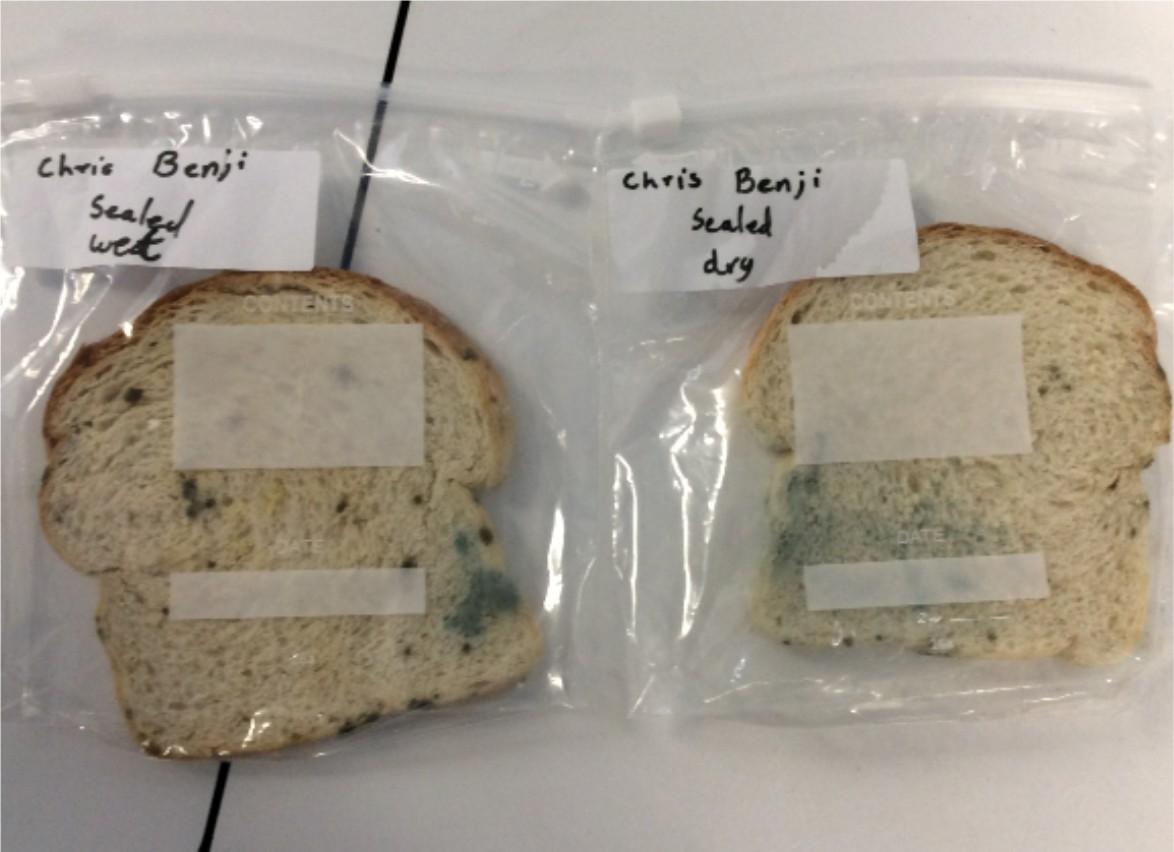
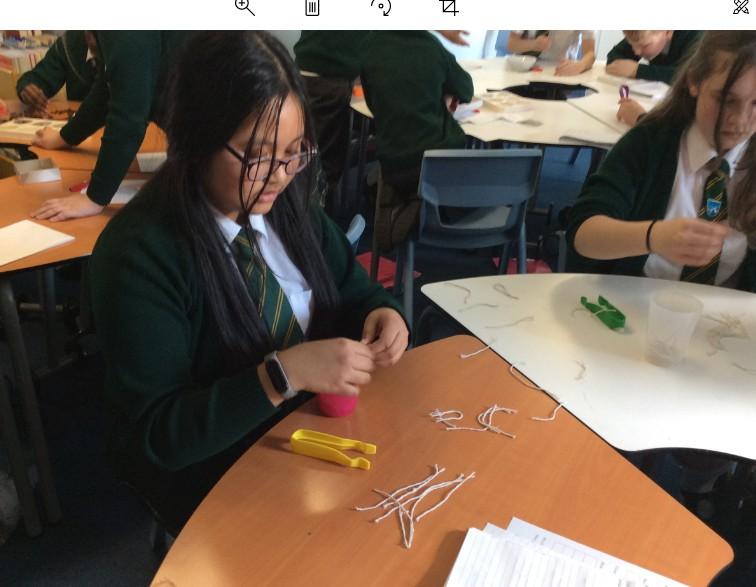
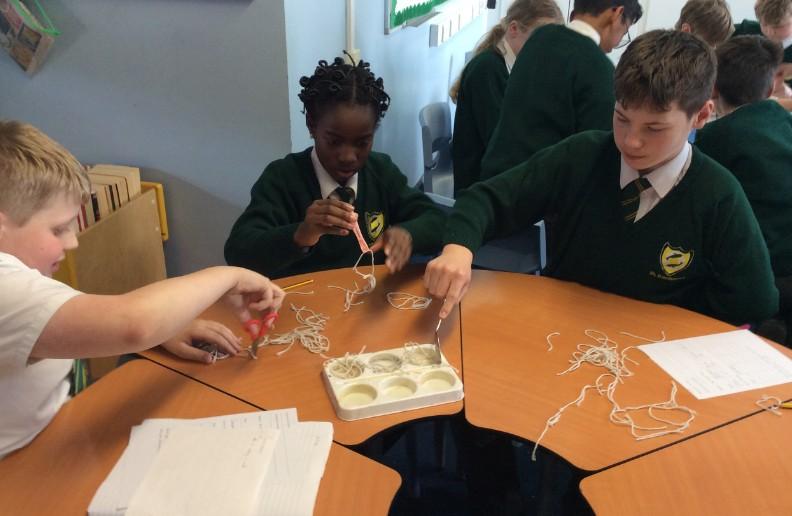








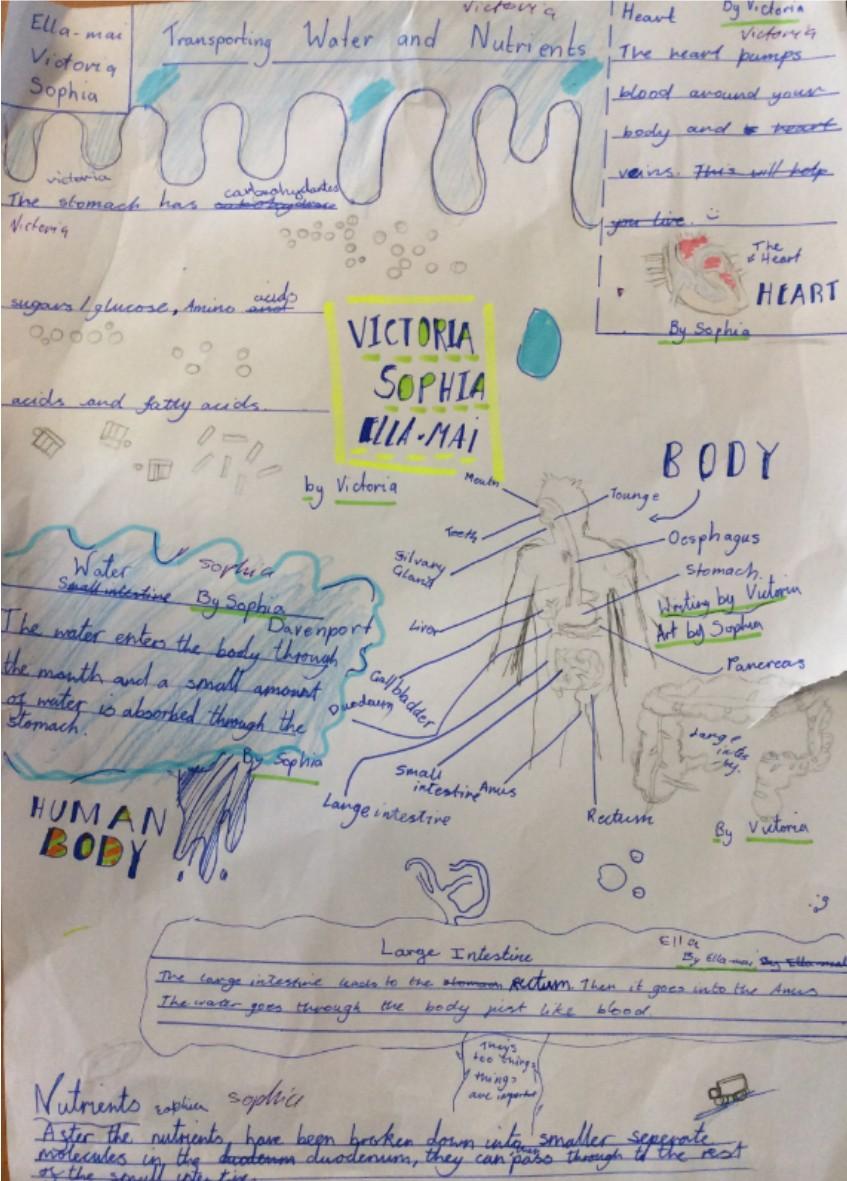
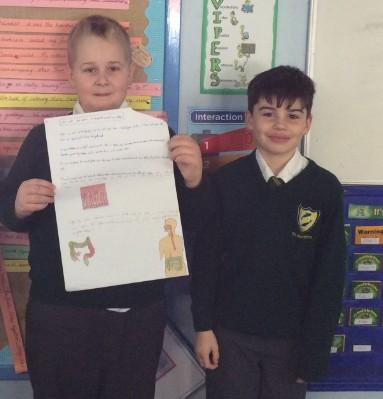
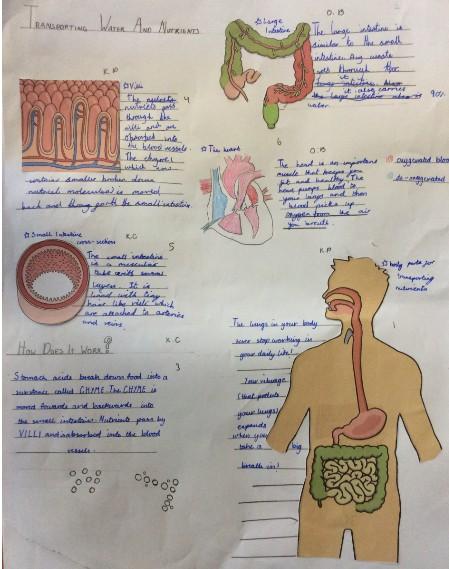








Year 2 Fieldtrip - Fairhaven
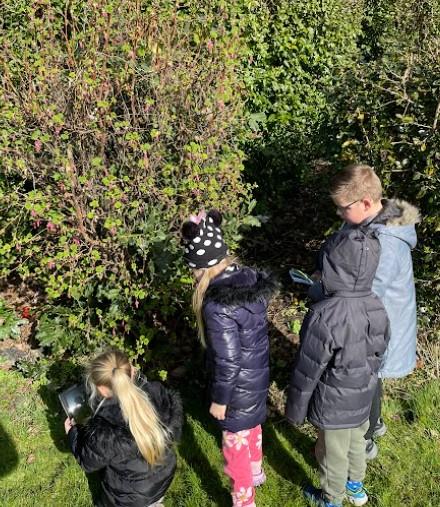
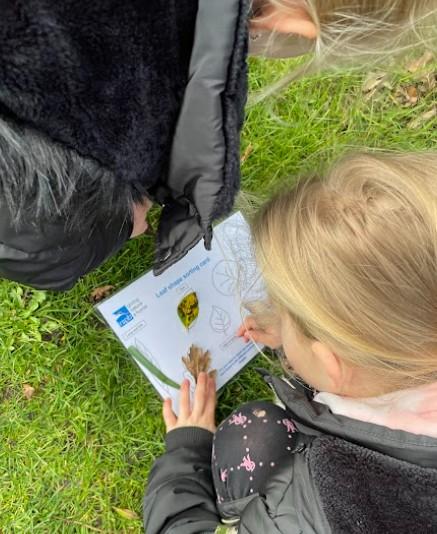
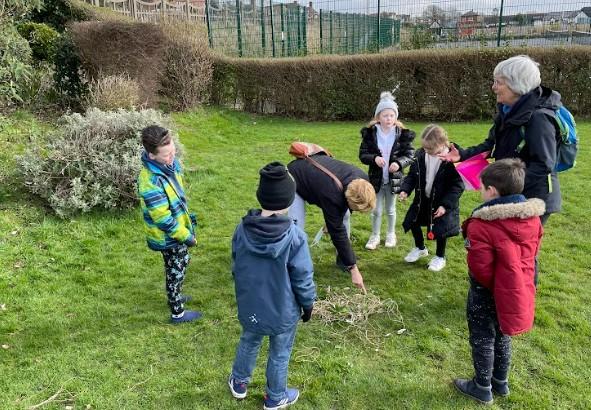
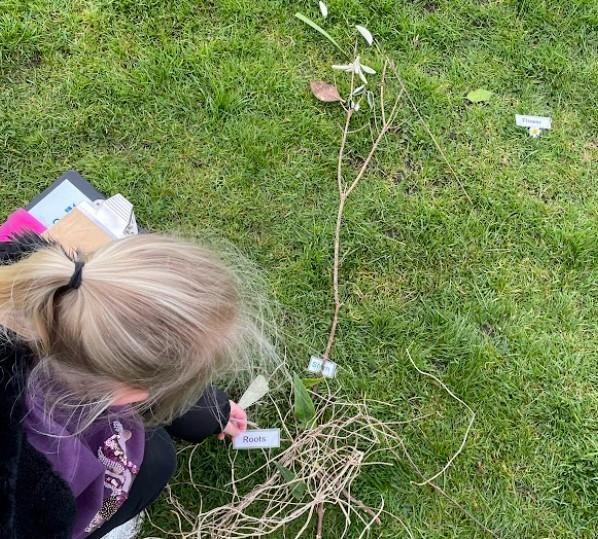







Year 5 fieldwork – Living Things

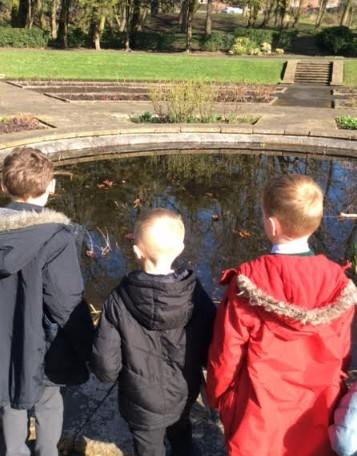
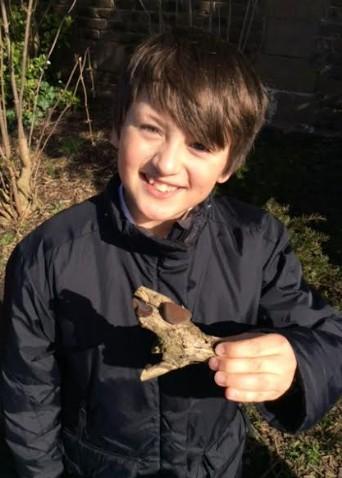
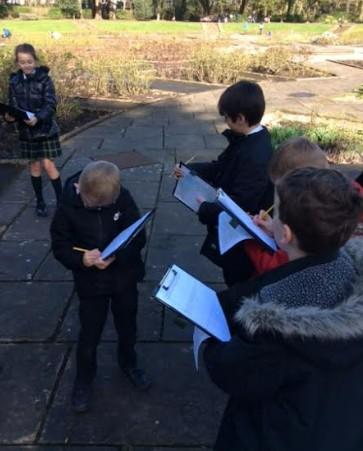
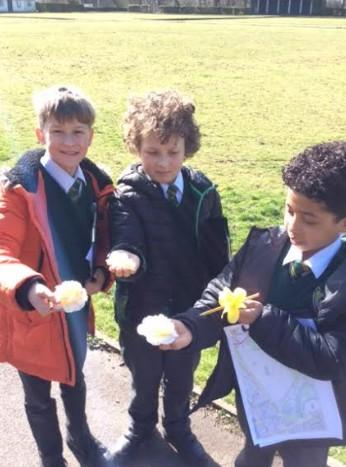








Science across the curriculum
Reading – use of knowledge organisers and texts (fiction and non-fiction related to science curriculum)
Writing – writing for purpose, The Write Stuff
History – Pioneering Scientists
Geography – Animal and plant adaptations in the rainforest, Climate Change
PE – Fit To Go
PHSE – Healthy Lifestyles
Computing
DT and art
Maths – statistics an interpreting data
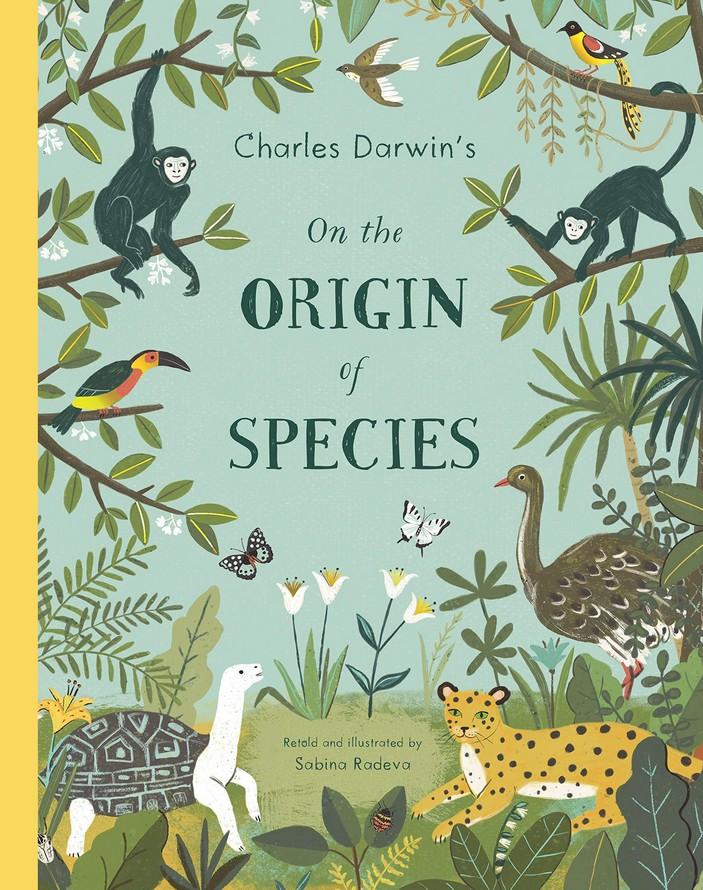
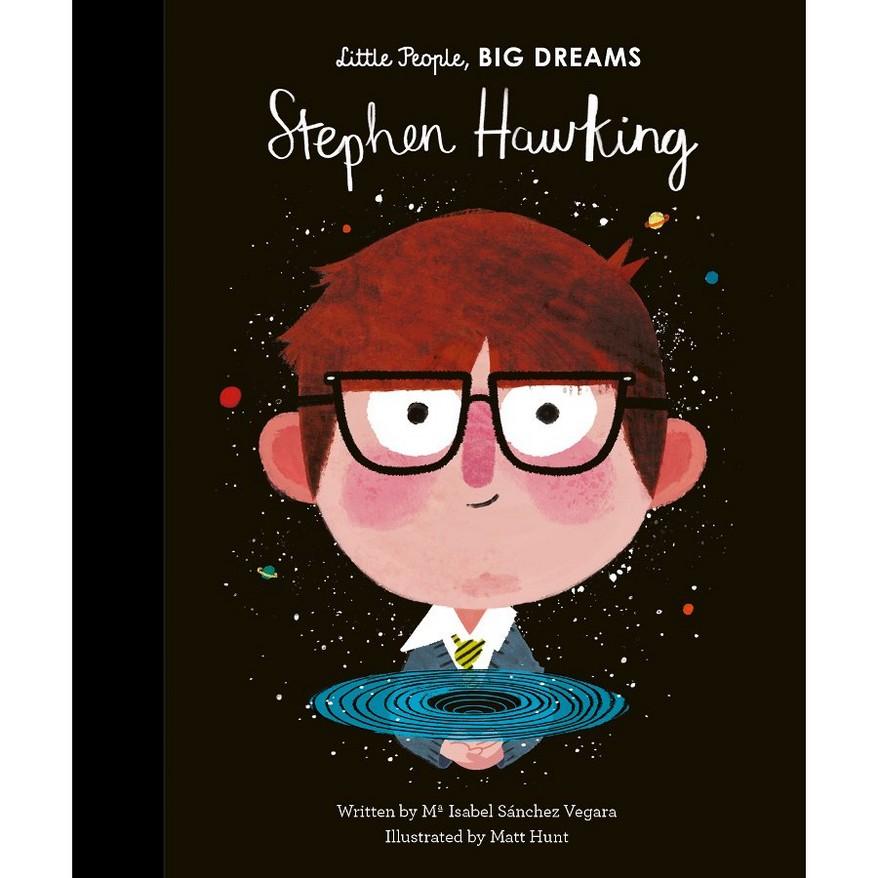








Cross curricular links
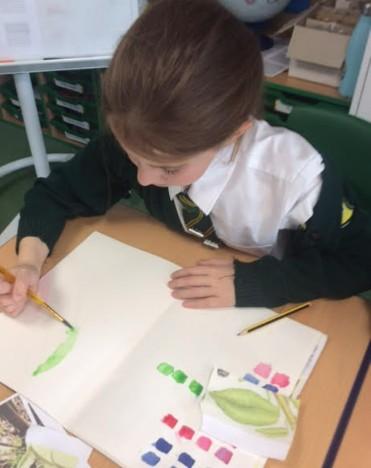
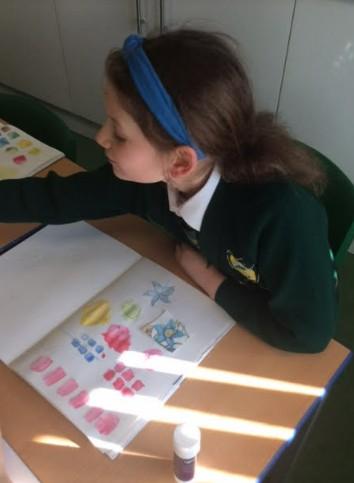
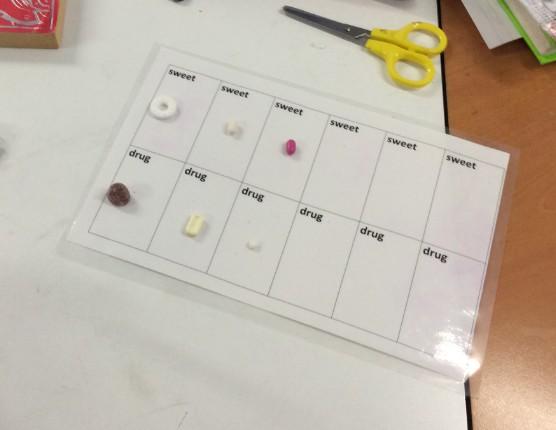
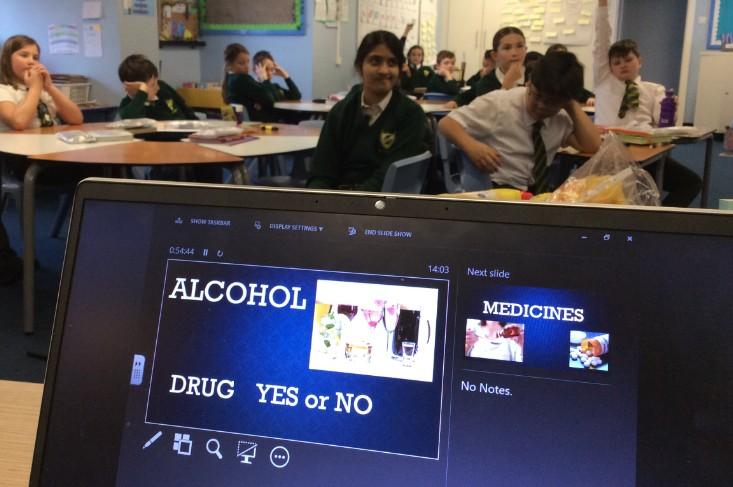







Raising aspirations
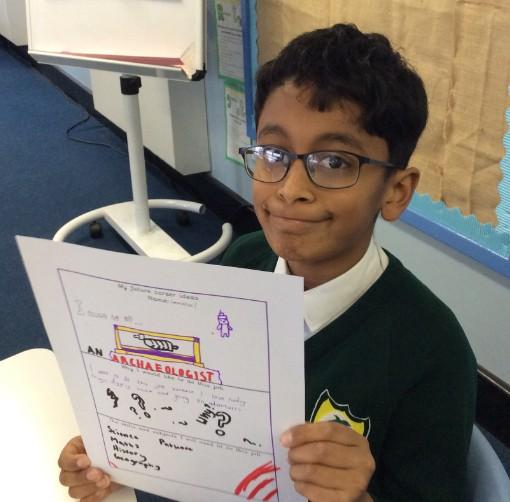
I want to be a scientist now…
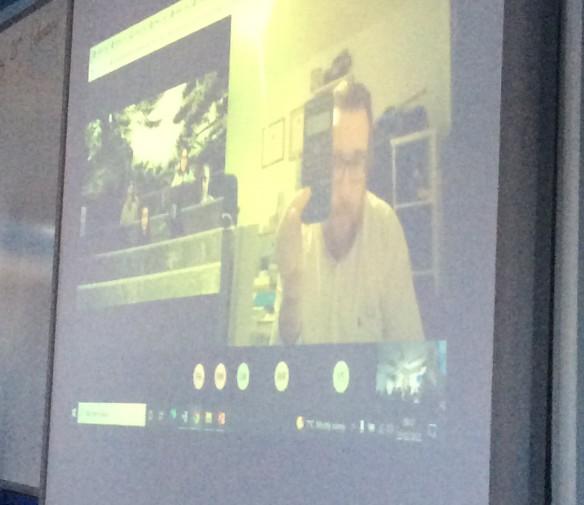

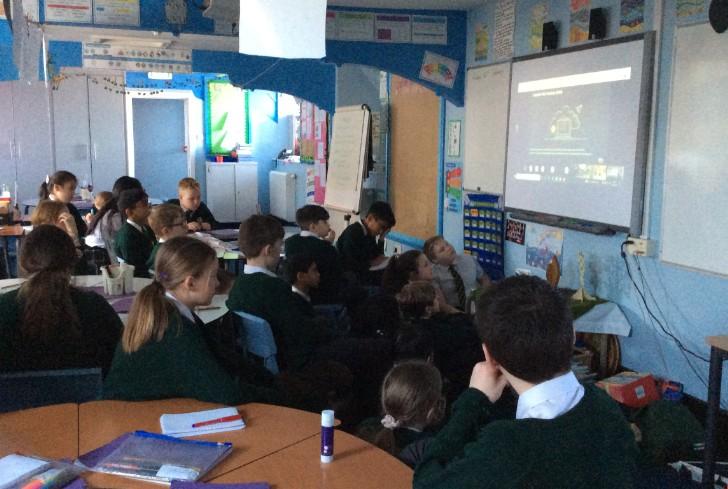
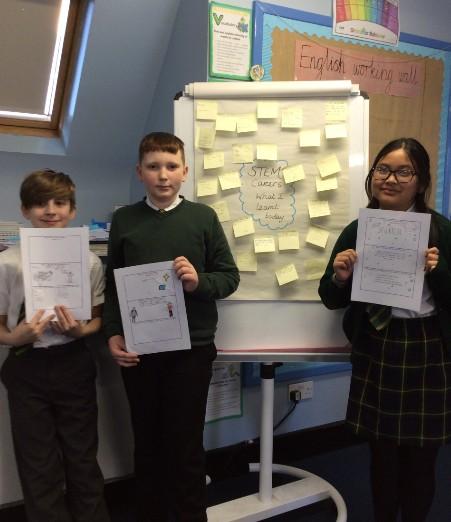








Science in action
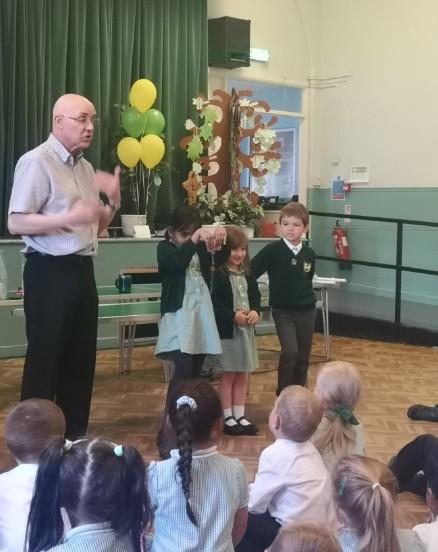
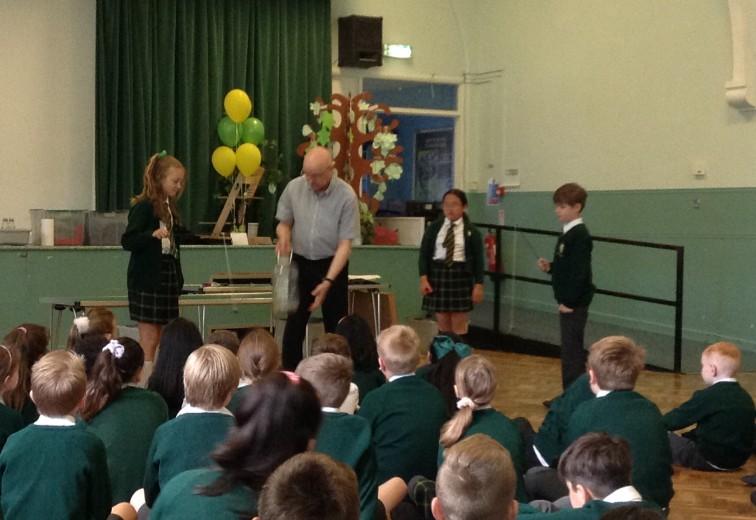
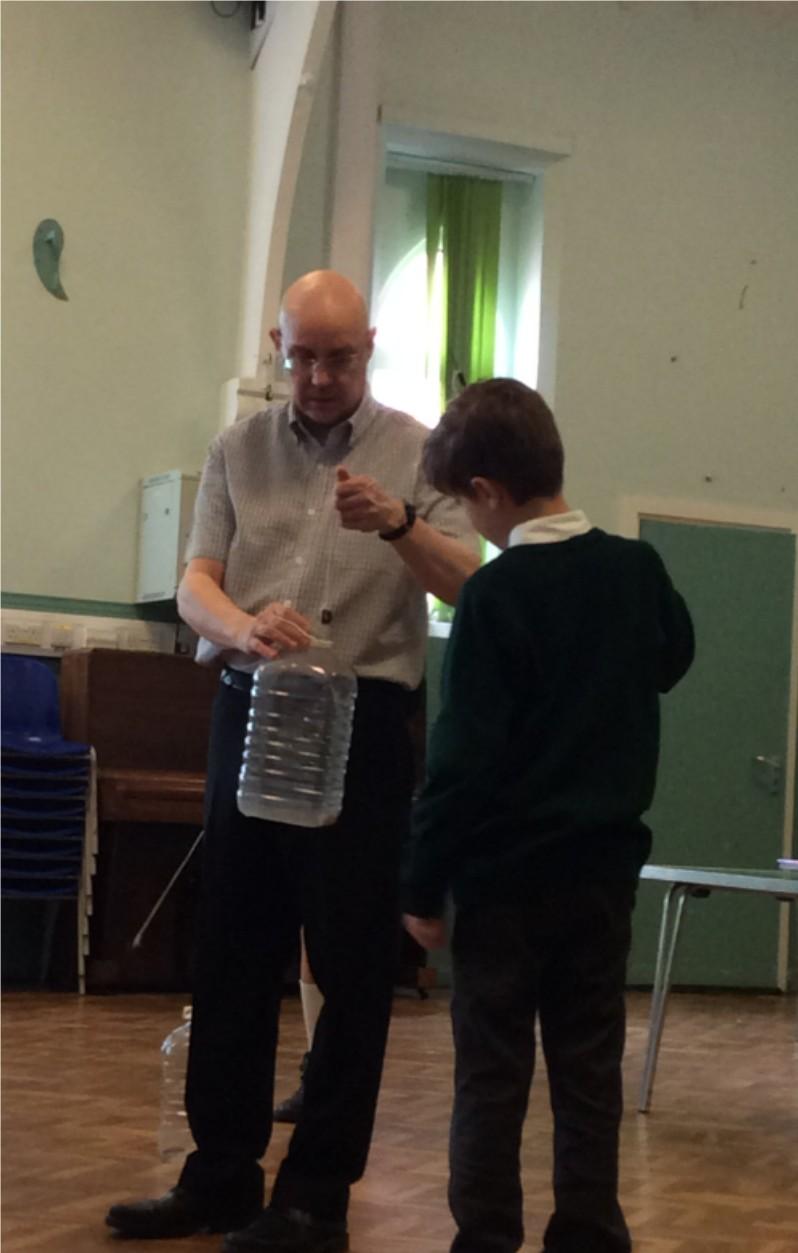
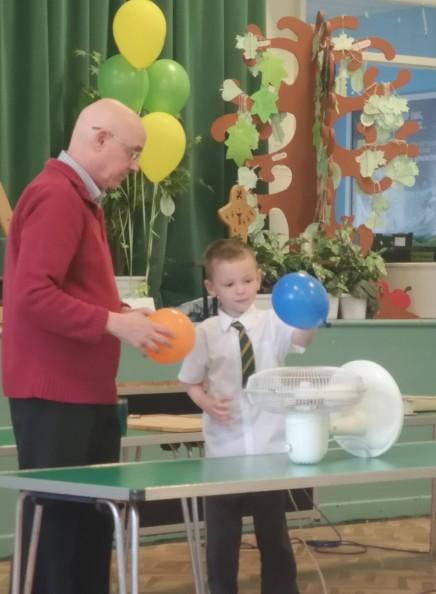








National Science Campaigns
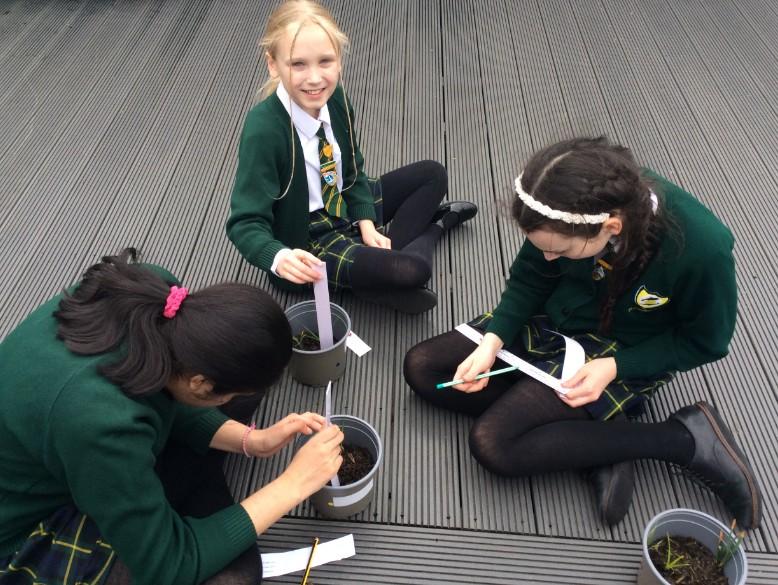
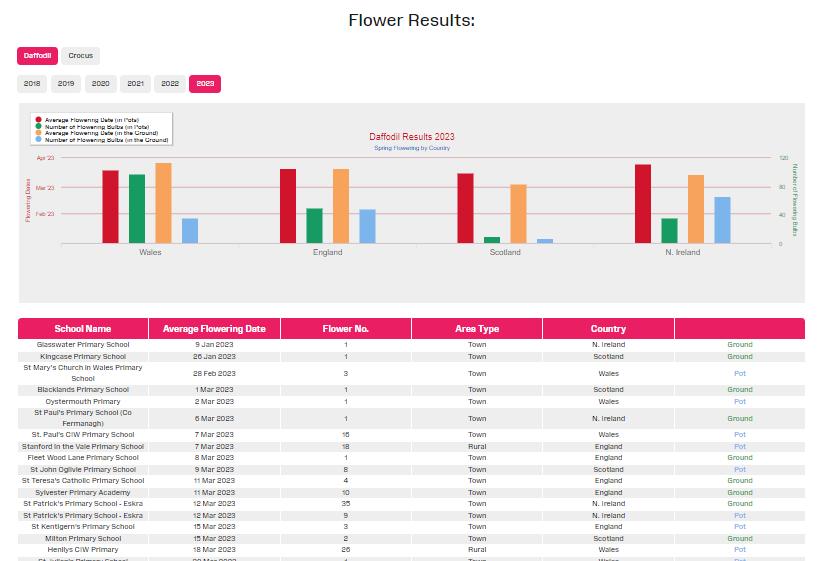
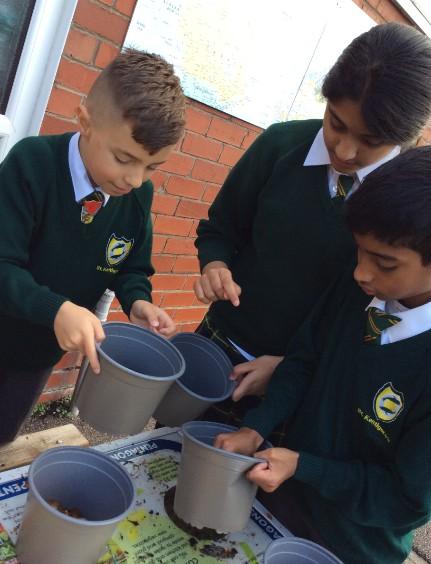
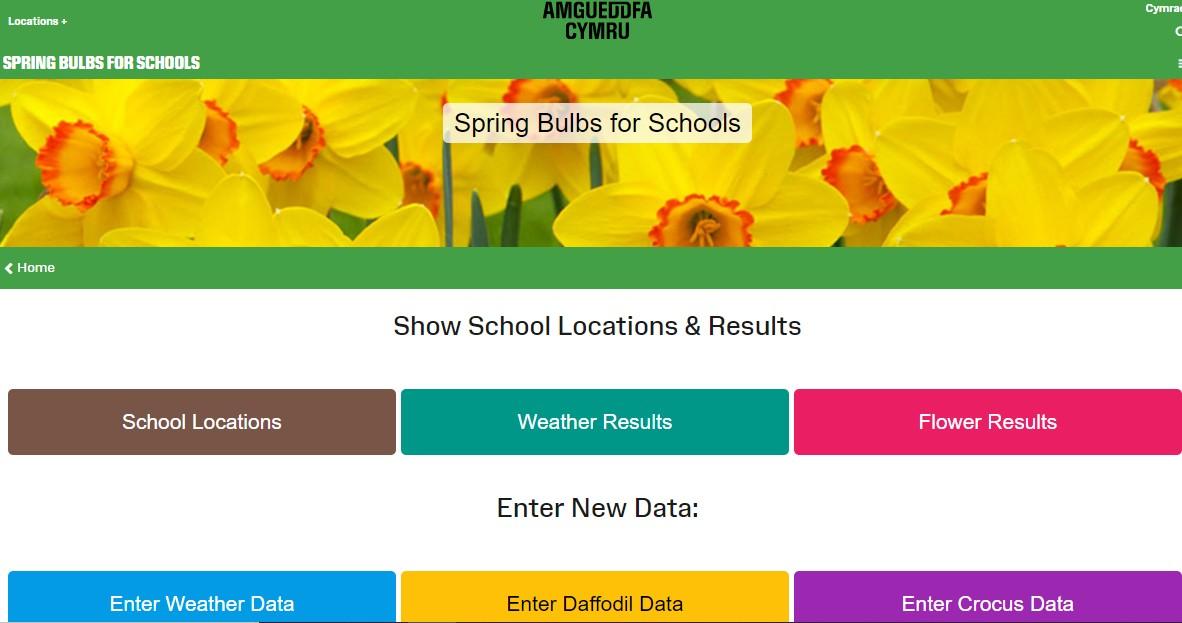
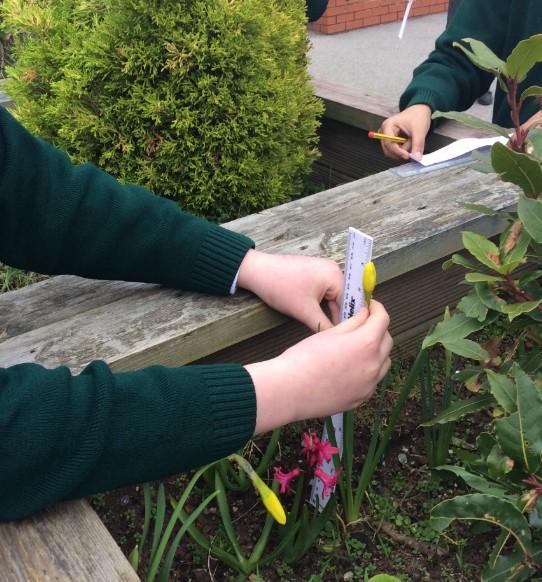








Edina Funding
Received 3 grants for 2021-22, 2022-23 and for 2023-24 – total of £1900 funding over the 3 years
Access to innovative science resources to complement our existing offer
